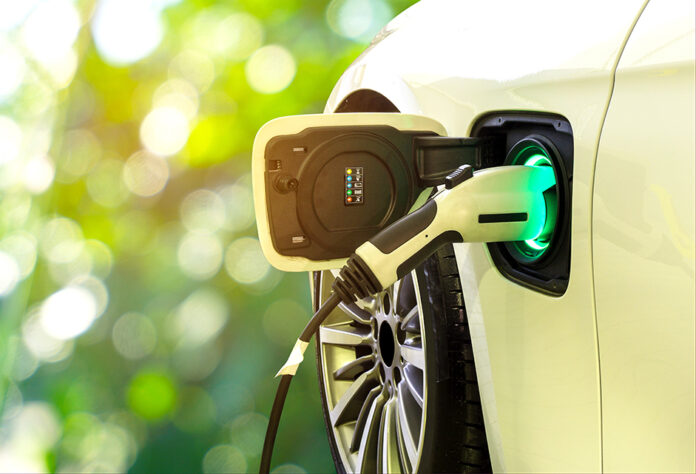In a landmark projection, the International Energy Agency (IEA) forecasts that more than one in five cars sold worldwide in 2024 will be electric vehicles (EVs). This revelation marks a significant milestone in the global transition towards sustainable transportation. The IEA’s latest report on the ‘Global Outlook for EVs’ unveils a compelling narrative of accelerating adoption and transformative change within the automotive industry.
According to the report, global electric car sales are poised to maintain their robust trajectory, reaching approximately 17 million units by the end of 2024. Notably, the surge in demand for EVs is exemplified by the remarkable statistic that the number of electric cars sold in the first quarter of 2024 alone is equivalent to the total sold throughout the entirety of 2020.
The driving forces behind this exponential growth are multifaceted. Substantial investments in the electric vehicle supply chain, coupled with increasing consumer demand and steadfast policy support, have created a fertile ground for the proliferation of EVs. Moreover, significant declines in the price of EVs are reshaping the global auto industry landscape and poised to substantially reduce oil consumption.
However, amidst the optimism, challenges loom on the horizon. Affordability remains a critical concern that could potentially impede the widespread adoption of EVs. The IEA report underscores the indispensable role of continuous advancements in battery technologies and the development of robust charging infrastructure in public spaces. Addressing these hurdles is imperative for sustaining the momentum of growth within the auto industry and ensuring the realization of ambitious climate and energy goals.
Looking ahead, the IEA paints a compelling vision of a future where electric mobility dominates the automotive landscape. If nations fulfill their energy and climate pledges in a timely manner, the IEA predicts that two in three cars sold globally will be electric by 2035. This transformative shift not only heralds a paradigmatic change in transportation but also promises substantial environmental benefits, including reduced greenhouse gas emissions and decreased reliance on fossil fuels.
The transition to electric vehicles represents more than just a technological evolution; it signifies a fundamental reimagining of our relationship with mobility and the environment. As stakeholders across the public and private sectors unite in their commitment to driving forward this electric revolution, the dawn of a sustainable transportation era beckons. In harnessing the power of innovation, collaboration, and visionary policymaking, we pave the way towards a cleaner, greener future on the roads ahead.


